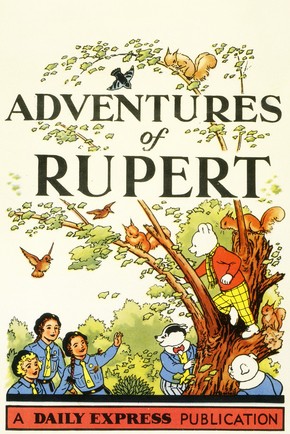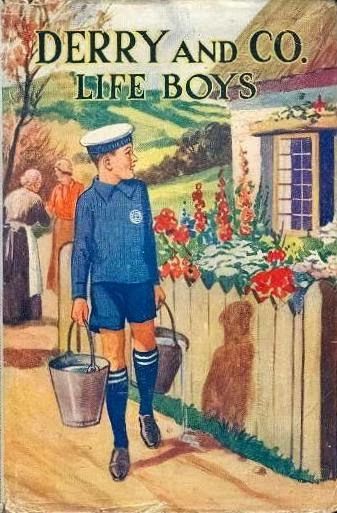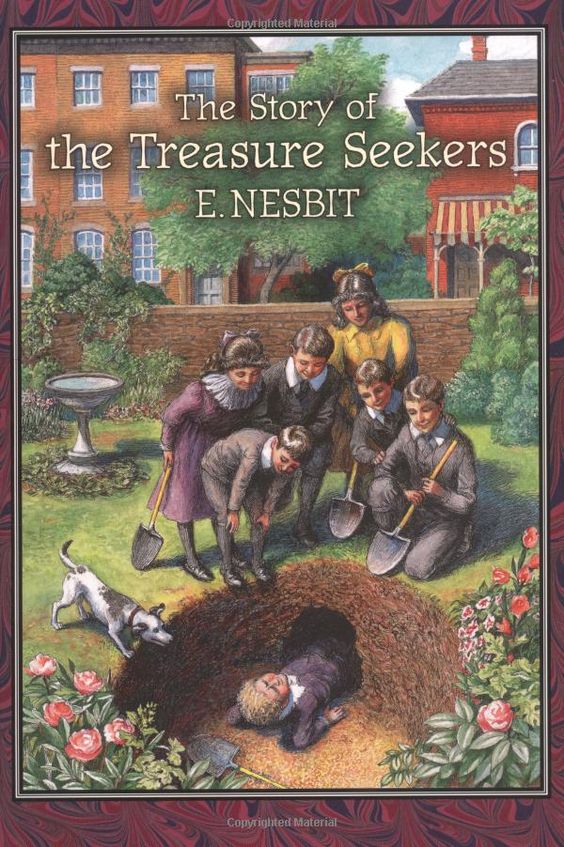|
|
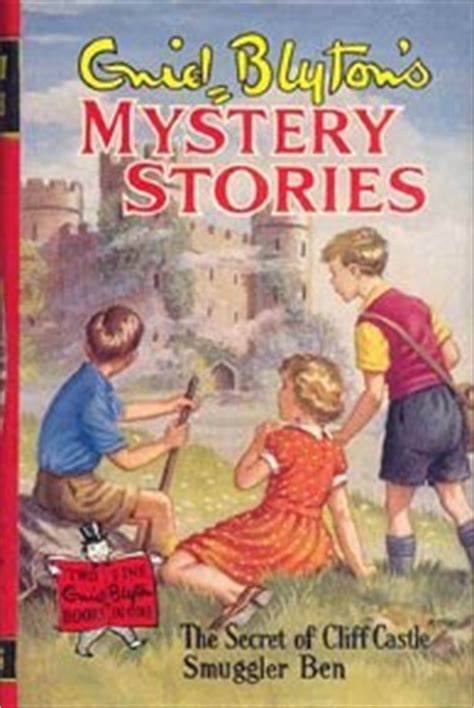 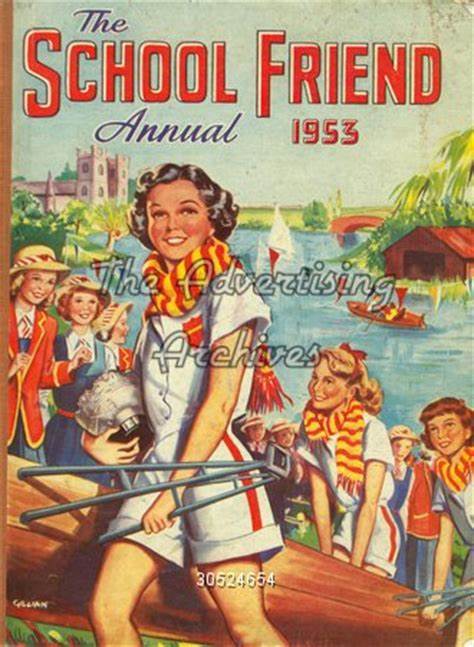 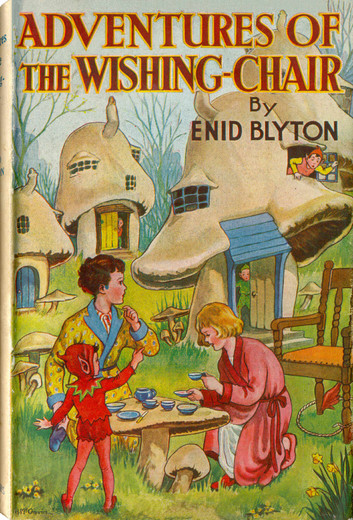 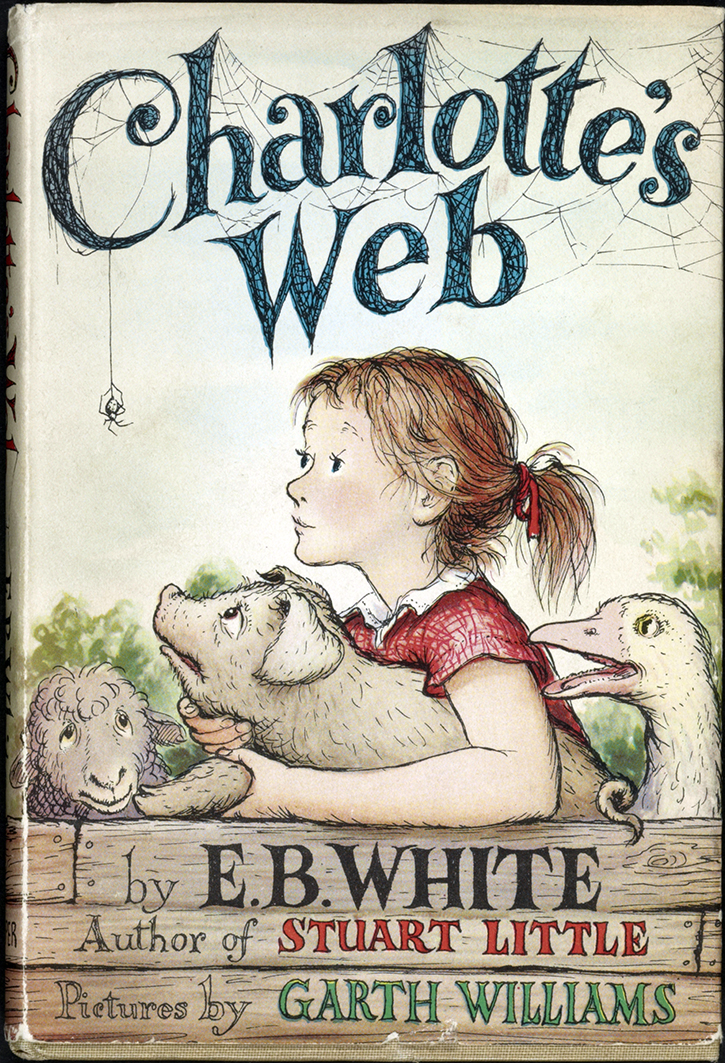 Previous "Growing Up" articles:
Episode 4 And then, finally, we moved to Stevenage New Town in Hertfordshire, at the back end of November 1963, and everything changed. My long playing records (Acker Bilk, the Beatles, Django Reinhardt, Beethoven's Fifth Symphony etc.) were unpacked, I had two record players, the one Uncle Stan had got for me from the cash and carry, and our radiogram. I had a handful of books, and set about rebuilding my collections from the W H Smith in the town. I think it was in 1963 that EMI launched a new, cheap LP label called Classics for Pleasure, and I started to collect some of those. One evening, on my way upstairs to bed (we were living in a three-bedroomed two-storeyed flat above the hardware shop we'd rented in one of the newer neighbourhoods in the new town) I glanced out of the landing window and saw an illuminated neon sign saying "Library". Intrigued, the first thing I did the following morning was to explore the area behind the parade of shops in order to find this branch library, but there was no sign of it, and I began to wonder if I had been half asleep and dreaming. It didn't occur to me that it could have been a travelling library, and I forgot all about it until 1964 dawned and Mum calmly told me that there simply wasn't enough money coming into the shop for them to pay me, and suggested that I look for a proper full-time job. My first impulse involved the local library. I'd seen it at the end of one of the shopping parades in the town centre, and I duly wrote to "the librarian" to ask for a job. Amazingly, within a week, I was invited to attend an interview, and within a few more weeks, I was offered a job as a library assistant. What was more, they wanted me to complete my "A" levels and then go off to library school and to become a qualified librarian. Why this career choice had never occurred to me before was a source of some amazement to me - I had always loved books, preferred reading to any other passtime, it was what we now call a no-brainer. It had been books like John Creasey's Inspector West series that had made me want to pursue a career in the police force, but in the end it was the books themselves that decided my career. Or so I thought... At the end of the Easter weekend in 1964 I started working in Stevenage Central Library. There must have been a staff of around thirty people, many senior, qualified staff, and an equal number of library assistants like me, whose jobs included putting books that had been returned the previous day back on the shelves, and using an antiquated card system to issue loans to customers. Being lowly junior staff, we were not allowed to direct customers to the relevant part of the library when they asked for books on specific subjects, but had to ask a qualified librarian to do it, even though, within a few weeks, I knew where every subject was, and had the Dewey Decimal Classification System off by heart, as most of us library assistants did. It was a hierarchy thing. Them and Us. Most of the qualified staff were friendly enough. Two weren't, and never spoke to us unless it was to give us an order. Brian and Patrick. Mr Arnold and Mr Kelly. They never let their hair down, they never socialised with us, even at Christmas time. They kept strictly to the hierarchy. Even the chief librarian, who had interviewed me, John Nightingale, was friendlier than those two. I knew just about everyone I worked with by sight, but there were certain members of staff who worked upstairs on specialised jobs, and we rarely bumped into each other, at least not until after the Rolling Stones came to town. I was familiar with the Stones courtesy of my best friend James, from our days at the Crypt. I'd stayed for a weekend with him in Harrow on the Hill, north London, and after an evening meal, we went out in search of musical adventure. James had settled into the London night scene very quickly and very well. We ended up in a vast town house with several upstairs rooms being used by various groups of people mainly making music. They were probably doing all manner of other things including sex and drugs, but we were there for the music. We watched people like Alexis Korner forming his seminal group, Alexis Korner's Blues Incorporated, involving people like Clapton, Paige etc. We saw Zoot Money and his Big Roll Band before they were "big", (just a Roll Band!), and before they were even a band. And we saw Mick and Keith, too. And later that year, I went to the nearest record store and bought the Rolling Stones first album. I still preferred the Beatles, but I had to admit that the Stones were good - brilliant, in fact. And when it was announced that they were going to play a concert at the Locarno Ballroom in Stevenage that September, it seemed like the perfect birthday present to myself, and I bought myself a ticket. There was only one type of music for me in the second half of 1964 - British rock and roll - the Beatles, the Stones, Gerry and the Pacemakers... my jazz records, Acker and Django, remained in the LP carrying case, which every self-respecting record collector had in those days. I played my Beatles and Stones LPs ceaselessly. I bought Little Richard, Jerry Lee Lewis and Chuck Berry EPs, and wallowed in classic American rock and roll, then put my Beatles LP back on and decided they were better - no, they were the best! There was a very slim record store round in the bus station in Stevenage, and one day, waiting for the bus home, I spotted an LP in the window which I simply had to have. It was called "Noel and Gertie", and it was of recordings by Noel Coward and Gertrude Lawrence, and had such brilliant songs on it as "Don't Put Your Daughter on the Stage, Mrs Worthington", "Mad Dogs and Englishmen", and "Parisian Pierrot", amongst others. I treasured it. It brought to life all those plays and reviews I'd read whilst in Southend on Sea... and it was a kind of break from the Beatles, who dominated my musical life back then. But rock was king for me in 1964. The Rolling Stones simply blew my mind - just as in Honky Tonk Women (which came later, of course) - there was a kind of dais in the Locarno, where the dance orchestra would sit, and the audience - hundreds of us - stood in rapt awe as the Stones strutted their stuff. The following day my memories of that concert were brought to an abrupt halt when three of the young library assistants who worked upstairs in the library came looking for me. Two were girls I had "chatted up", even though both were engaged to be married, when we worked together in the early mornings, shelving books. The third was a thin slip of a girl who looked as though she should still be at school. I later discovered that she should still have been at school but her headmistress at Stevenage Girls' Grammar School had granted her permission to start work in the library. She had been a brilliant scholar, top of her form each and every year in just about every subject; but schoolwork was something she eventually couldn't cope with, and working in the library suited her far better. She hovered in the background whilst the other two did the talking. "Wendy was followed home by a man after she got off the bus last night. As you live near her, we wondered if you might walk her home, make sure nothing happens to her?" they said. Having been brought up to be a good citizen with the kind of manners that meant I held the door open for people, and gave up my seat on the bus for ladies, etc., etc., of course I agreed. In those days Stevenage Central Library closed at 8pm Mondays to Thursdays, 5pm Fridays, 1pm Saturdays. I was on lates that day, as was the little schoolgirl, Wendy. We went round to the bus station, not saying much; we sat together on the bus, and we walked up Hydean Way and into Chertsey Rise, and I saw her safely to her front door in one of the cul-de-sacs. 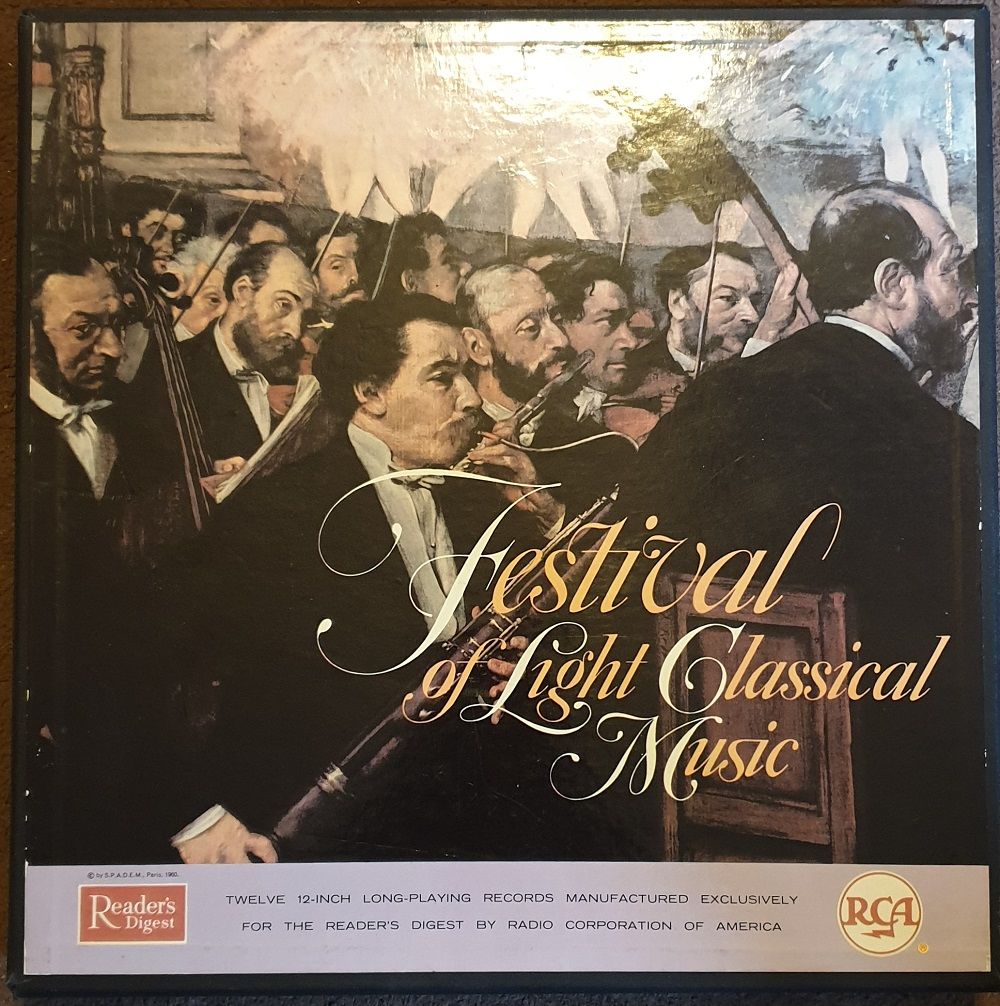 On impulse, before
she closed the
door, I suggested that she might like to go for a walk with me on
Sunday afternoon, and she readily agreed. You see, reader, in that
brief instant before she disappeared into the safe interior of her
house, we had fallen in love. Wendy was eighteen months younger than I
was, but she was beautiful, and, more importantly, she seemed to like
me! In March 1964, just before I met her, she was sixteen years old,
and after that day when I had walked her home, we were seeing each
other every day (at work) and every night. Eventually the chief
Librarian wanted us separated, because we got on his nerves; and he got
me a job in the SPCK bookshop round in the bus station; my library
career nosedived overnight, but Wendy and I still saw each other every
night - I walked the quarter mile or so up to her house in Chertsey
Rise, and we sat and watched telly, or else we listened to music. Lots
of it. Because Wendy's Dad had an enormous collection of LPs, and the
most expensive hi-fi equipment I had ever seen. If books were my
passion, music was his. I took my new Beatles LP with me, Rubber Soul,
I think it was, and he played it for us - we weren't allowed to touch
the turntable, but he was happy to put it on for us to listen to. As
the days went by, Wendy and I became closer and closer, and so much in
love, they were days of joy for me. We are this year celebrating our
fifty-fifth wedding anniversary, and they are still days of joy. But in
1964, Wendy's Dad introduced me to the Reader's Digest Festival of
Light Classical Music - a three LP set of the most brilliant music I
had ever heard. In fact, some of it was quite heavy classical music,
such as Siegfried's Rhine Journey by Richard Wagner, and a
scintillating violin piece by Pablo Sarasate, and I loved it. I bought
my own copy, or rather "our" own copy, and listened to it every night
after walking home from Wendy's house. On impulse, before
she closed the
door, I suggested that she might like to go for a walk with me on
Sunday afternoon, and she readily agreed. You see, reader, in that
brief instant before she disappeared into the safe interior of her
house, we had fallen in love. Wendy was eighteen months younger than I
was, but she was beautiful, and, more importantly, she seemed to like
me! In March 1964, just before I met her, she was sixteen years old,
and after that day when I had walked her home, we were seeing each
other every day (at work) and every night. Eventually the chief
Librarian wanted us separated, because we got on his nerves; and he got
me a job in the SPCK bookshop round in the bus station; my library
career nosedived overnight, but Wendy and I still saw each other every
night - I walked the quarter mile or so up to her house in Chertsey
Rise, and we sat and watched telly, or else we listened to music. Lots
of it. Because Wendy's Dad had an enormous collection of LPs, and the
most expensive hi-fi equipment I had ever seen. If books were my
passion, music was his. I took my new Beatles LP with me, Rubber Soul,
I think it was, and he played it for us - we weren't allowed to touch
the turntable, but he was happy to put it on for us to listen to. As
the days went by, Wendy and I became closer and closer, and so much in
love, they were days of joy for me. We are this year celebrating our
fifty-fifth wedding anniversary, and they are still days of joy. But in
1964, Wendy's Dad introduced me to the Reader's Digest Festival of
Light Classical Music - a three LP set of the most brilliant music I
had ever heard. In fact, some of it was quite heavy classical music,
such as Siegfried's Rhine Journey by Richard Wagner, and a
scintillating violin piece by Pablo Sarasate, and I loved it. I bought
my own copy, or rather "our" own copy, and listened to it every night
after walking home from Wendy's house. 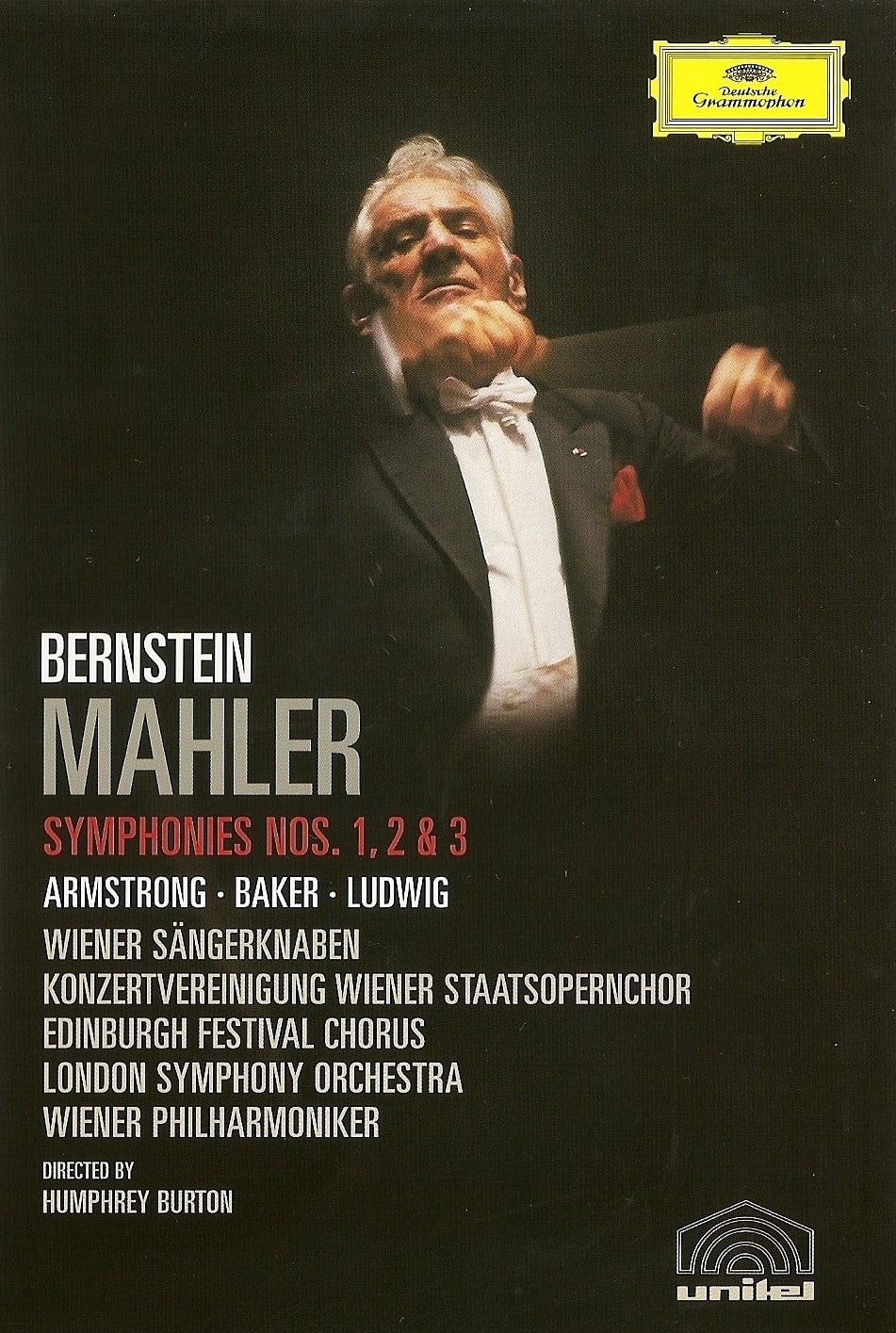 It was the kind of
music I had used
to listen to on the radio, but about which I had simply forgotten.
Wendy's Dad introduced me to Beethoven's other symphonies, to Brahms,
to Dvorak, to Smetana, to the three great ballets by Tschaikowsky, Swan
Lake, Sleeping Beauty and The Nutcracker. On social outings to London
cinemas, I was introduced to the music of Richard Strauss (Also Sprach
Zarathustra), Johan Strauss the Younger (Blue Danube), to Ligeti
(Atmospheres) etc., courtesy of 2001: A Space Odyssey. And then, in
1973, when we had been married for seven years, and with Martin, our
eldest son, now at primary school, something happened that changed my
life forever, and brought me back to the religion I had cast aside, and
set me on another musical journey. Yes, we got married in church, yes,
Martin was christened in the same church, but somehow, I had forsaken
my Sunday evening church-going back in Brockworth, and the endless
nights when I studied the Bible - I was always top of the class in our
religious instruction lessons at the Crypt Grammar School. What
happened that Easter in 1973 brought me back to God with a bang! It was the kind of
music I had used
to listen to on the radio, but about which I had simply forgotten.
Wendy's Dad introduced me to Beethoven's other symphonies, to Brahms,
to Dvorak, to Smetana, to the three great ballets by Tschaikowsky, Swan
Lake, Sleeping Beauty and The Nutcracker. On social outings to London
cinemas, I was introduced to the music of Richard Strauss (Also Sprach
Zarathustra), Johan Strauss the Younger (Blue Danube), to Ligeti
(Atmospheres) etc., courtesy of 2001: A Space Odyssey. And then, in
1973, when we had been married for seven years, and with Martin, our
eldest son, now at primary school, something happened that changed my
life forever, and brought me back to the religion I had cast aside, and
set me on another musical journey. Yes, we got married in church, yes,
Martin was christened in the same church, but somehow, I had forsaken
my Sunday evening church-going back in Brockworth, and the endless
nights when I studied the Bible - I was always top of the class in our
religious instruction lessons at the Crypt Grammar School. What
happened that Easter in 1973 brought me back to God with a bang! The small print: Books Monthly, now well into its 24th year on the web, is published on or slightly before the first day of each month by Paul Norman. You can contact me here. If you wish to submit something for publication in the magazine, let me remind you there is no payment as I don't make any money from this publication. If you want to send me something to review, contact me via email at paulenorman1@gmail.com and I'll let you know where to send it.
|
|
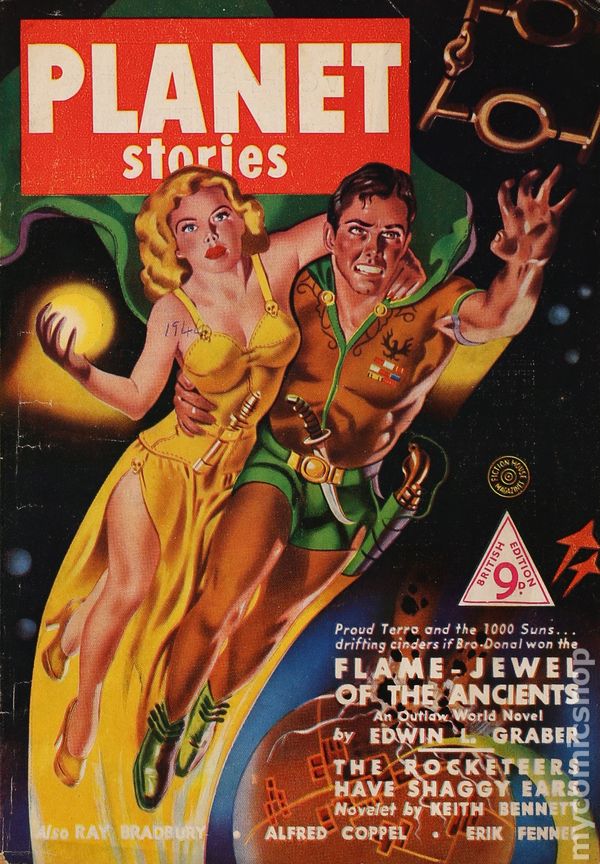
,
|
